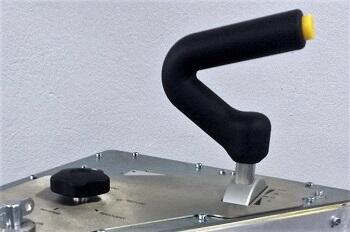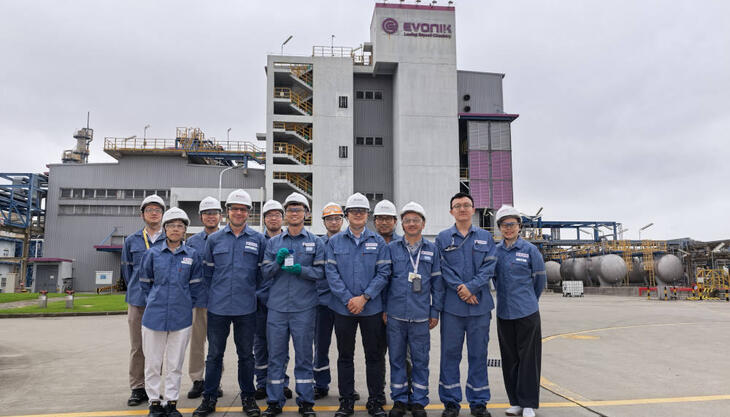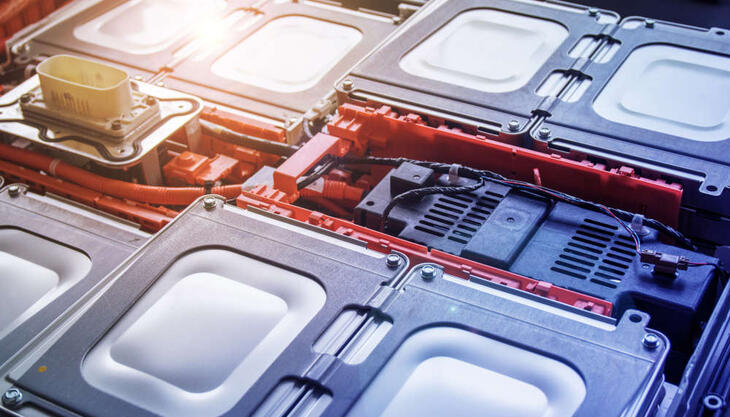Structural and self-extinguishing handle in PA 66 reinforced with glass fibre

The Italian Spii is leader in the design and construction of components and equipment for railway vehicles. The company specialises in complete driver desks and haptic panels for railway and industrial applications. Some time ago, the company decided to review its approach to the use of synthetic materials, including thermosetting resins, in its applications, and thus opted to introduce structural, self-extinguishing thermoplastic compounds. To allow this transition, the new materials needed to perform better than resins such as BMC or phenolic ones, particularly in terms of mechanical strength and durability.
The company last generation grips, used on traction/braking control devices, are therefore made from Latamid 66 H2 G/50-V0HF1, a PA 66-based compound reinforced with 50% glass fibre in weight produced by Lati. Thanks to a halogen-free system of additives with a low environmental impact, the compound is self-extinguishing.
The feasibility of the project was first evaluated through FEM simulations, which served to validate the product from a structural point of view: this was a necessary stage in order to establish whether the strength of the material, the clamping system and the special arrangement of reinforcing ribs would allow it to pass the necessary test. Once it had passed the test, which also included application of a vertical force of 1,000 N on the horizontal arm of the lever, Spii launched production of this modern accessory, which, unlike the previous solutions, is suitable for end-of-life recycling.
The Lati compound has a breaking strength of almost 200 MPa, which puts it on a par with the best non-self-extinguishing solutions. It also boasts excellent aesthetics and processability, the latter a key attribute for ensuring a simple and productive moulding process. The material has a certified UL94 V0 rating from 3 to even 0.4 mm, and according to IEC 60695-2-12 it has a glow wire flammability index (GWFI) of 960° C. It is therefore potentially an ideal grade for structural and metal replacement applications, even ones requiring very low thicknesses and also maximum flame retardancy. Finally, its UL 746 B relative temperature index (RTI) is 130° C at all thicknesses. This demonstrates the considerable durability, over time at different temperatures, of the material’s main mechanical, electrical and flame retardant characteristics.

















